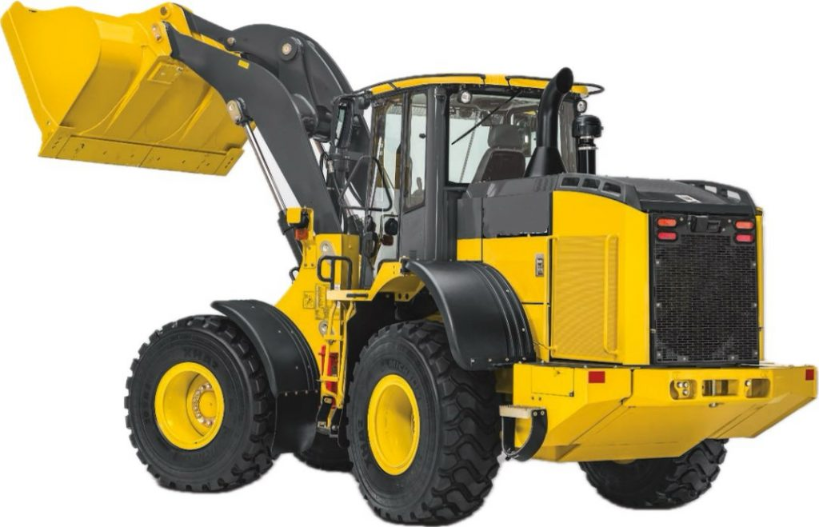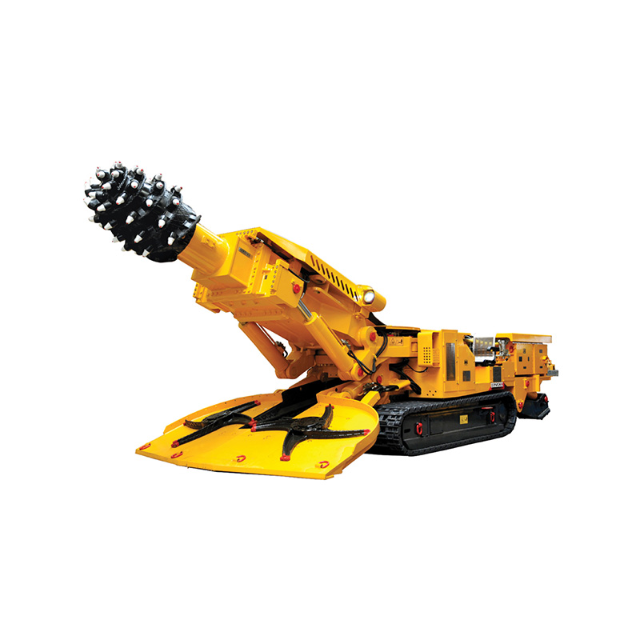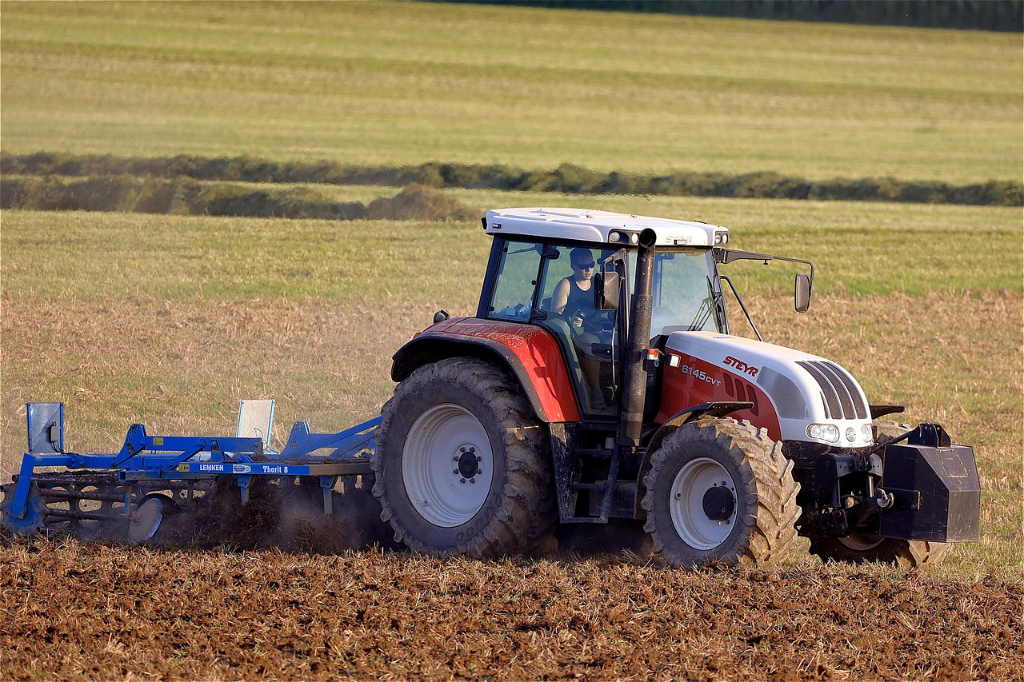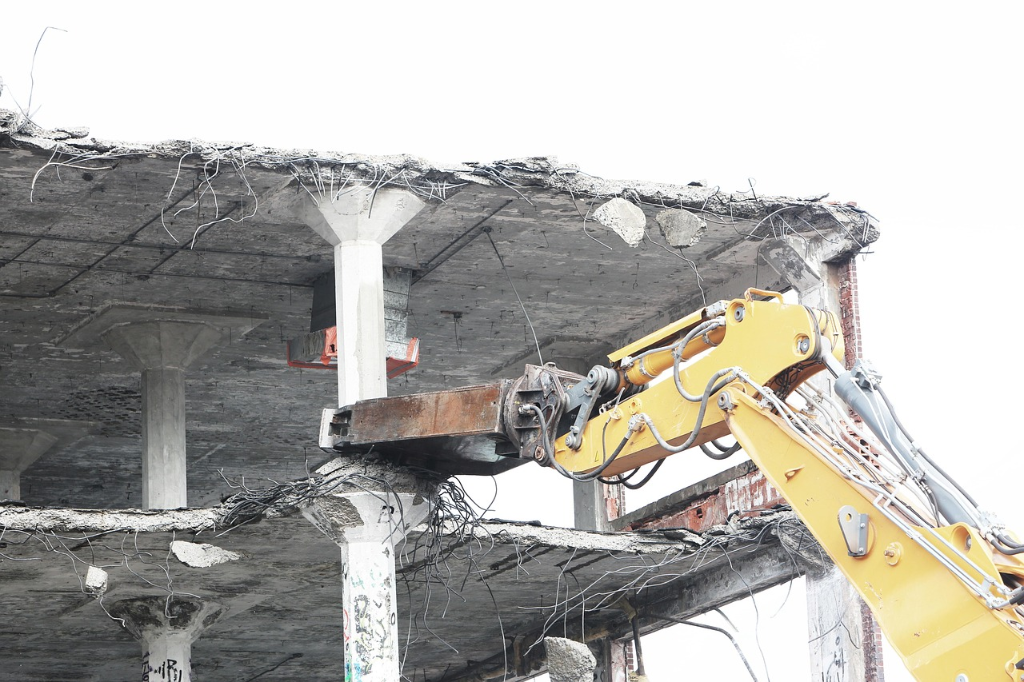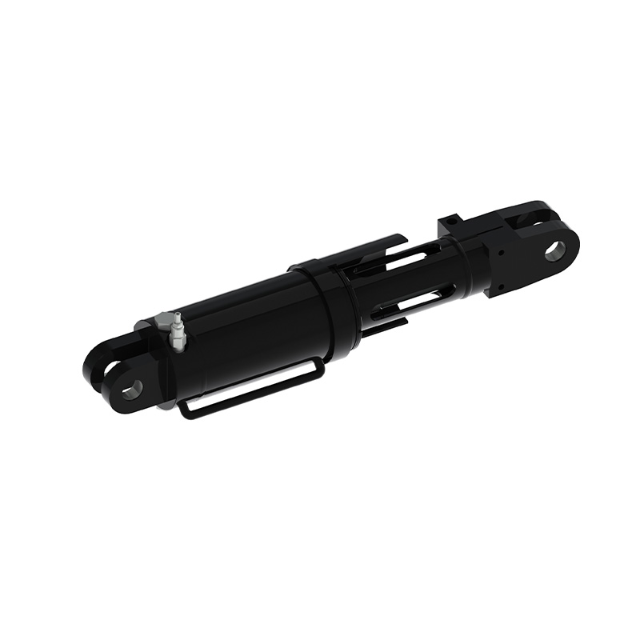
Farming relies on machines that must work when you need them. A hydraulic cylinder that breaks during plowing or baling causes big problems. It’s not just a short stop. It can delay planting or harvesting, harm crops, and lead to pricey repair bills. The true cost of low quality hydraulic cylinders is much more than what you pay at first.
Shining Hydraulic builds trust with farmers. They have years of know how. Their cylinders handle heavy loads, tough weather, and constant use. Their support team helps with setup, fixing issues, and care tips. Farmers and workers like fast shipping, custom choices, and dependability. You can learn more on their about us page. Need tech help or want to talk about custom options? Their contact page makes it simple. This mix of strong design and friendly help turns hydraulic parts into trusty tools for farming.
Why Does Cylinder Quality Affect Agricultural Operations?
Hydraulic cylinders are key to tractors, plows, balers, and harvesters. They lift, push, and adjust with exact strength. This keeps machines running in rough fields. But if the quality is bad, problems show up fast. Oil leaks, bent rods, or worn seals cause stops and costly delays. In farming, timing matters a lot. A field left unplowed or a harvest delayed by just a few days can hurt crops and income.
How Does Poor Quality Lead to Downtime?
Low grade cylinders often have weak seals. When seals wear out too soon, hydraulic fluid leaks. This makes machines less effective. It can also dirty the soil. Good seals are a top thing to check when picking cylinders for farm tools. Another problem is rust. If the piston rod isn’t treated well, water, fertilizers, and mud make it rusty. A rusty rod doesn’t move smoothly. This shortens the cylinder’s life.
What Are the Hidden Costs of Repairs and Replacements?
Fixing or replacing a hydraulic cylinder seems simple, but costs grow fast. You pay for new parts. You also pay for workers’ time and machine downtime. Sometimes, crops get lost too. From what experts see, repeated seal or rod failures cost more over time than buying a better cylinder at the start.
Why Is Frequent Maintenance a Financial Burden?
When a cylinder leaks or bends, workers must check fluid levels. They may replace seals or even the whole unit. For farmers with many machines, this can become a constant job. All hydraulic systems need regular care. But bad quality cylinders need it more often. This raises the total cost of owning them.
How Do High Quality Cylinders Improve Productivity?
Strong hydraulic cylinders work under big pressure and heavy loads. They still keep exact control. For example, a hydraulic cylinder for plow needs steady lifting and smooth tipping to handle soil well. If the cylinder uses high strength cold drawn tubes and a forged one piece piston rod, it resists damage. This means fewer replacements and more reliable field work.
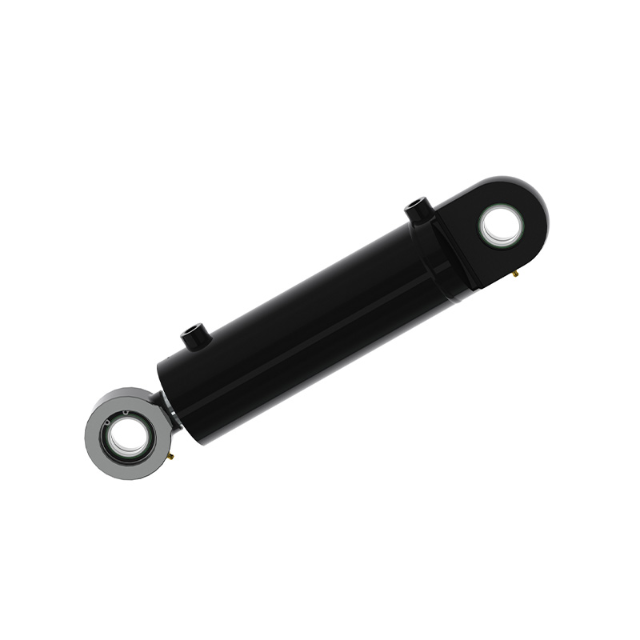
How Do Cylinders Help in Seasonal Work?
Farming often gets busy in short, intense seasons. Equipment like a hydraulic cylinder for round baler must handle repeated tasks without breaking. Cylinders with advanced electroplating and strong welding stand up to salt spray, dust, and high heat from -20℃ to +80℃. This toughness lowers the chance of breakdowns when time is tight.
Are There Performance Risks With Low Grade Materials?
Yes, weak materials lower performance. Cylinders made with cheap steel or poorly plated rods bend under heavy work, like plowing or baling. A bent rod can’t move smoothly. This damages seals and bushings more. Poor welding can also crack. This risks safety and cuts the life of the whole hydraulic system.
What Happens if Chatter or Vibration Occurs?
Poorly made cylinders can chatter. This means the piston moves unevenly, making noise and shaking. It often happens because of dirty hydraulic fluid, worn seals, or bad mounting. These shakes lower efficiency. They also wear out parts faster. If ignored, chatter can break the whole cylinder. This leads to expensive replacements.
How Does Investing in Quality Save Money Long Term?
Choosing better hydraulic cylinders cuts down on breakdowns. It lowers repair costs and keeps machines running longer. The upfront cost might be higher. But the savings come from steady work, longer cylinder life, and fewer crop losses. Farmers who pick durable cylinders also help the environment. They prevent fluid leaks and need fewer replacements.
What Role Does Customization Play in Cost Savings?
Every farm is different. Soil types, tractor models, and weather vary. Custom hydraulic cylinders fit these unique needs. They perform better and fail less. By choosing the right specs, you avoid issues like misalignment or pressure loss. This cuts wear and saves money over time.
FAQ
Q1: What are the most common signs of poor quality hydraulic cylinders?
A: Leaks, bent piston rods, heavy rust, and frequent seal changes show low quality.
Q2: How often should agricultural hydraulic cylinders be inspected?
A: Check them often during seasonal work. Look at seals, rods, and welds before busy farming times.
Q3: What materials increase the durability of hydraulic cylinders?
A: Cold drawn steel tubes, hardened piston rods with advanced electroplating, and top notch seals make cylinders last longer.
Q4: Can hydraulic cylinder chatter damage farm equipment?
A: Yes, chatter causes shaking. This wears out seals and rods faster. It can harm the whole hydraulic system.
Q5: Why is customization important for agricultural hydraulic cylinders?
A: Custom cylinders match the tractor’s system and field conditions. This boosts efficiency and cuts downtime.

